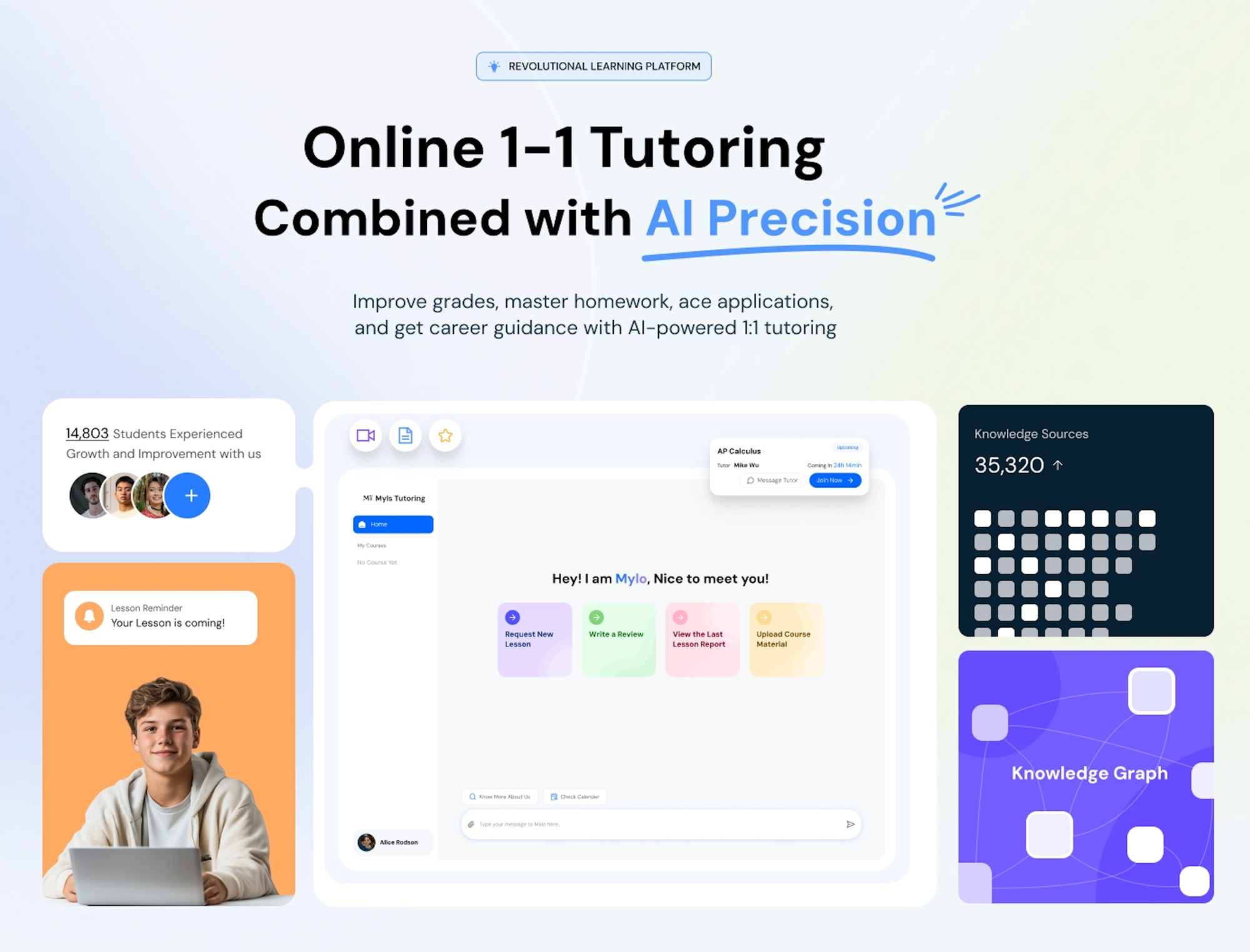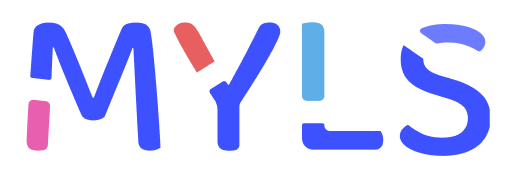University Applications: How to Stay Organized During Grade 12
University applications can feel overwhelming, but smart planning makes a big difference. Learn how to stay organized and focused in Grade 12—and discover how Myls Tutoring helps students craft strong applications and reach their university goals with ease.

Applying to university is an exciting milestone, but it can also be one of the most overwhelming experiences of Grade 12. Between completing coursework, writing essays, gathering recommendation letters, and meeting deadlines, it’s easy to feel stressed. However, with careful planning and strong organization, the application process can be manageable—and even enjoyable.
This guide will walk you through strategies to stay organized, focused, and ahead of deadlines during your university application journey, and how Myls Tutoring can support you at every step.
Why Staying Organized Matters
University applications aren’t just about grades—they’re about telling your story. Each piece of your application, from your transcript to your personal statement, contributes to the picture you present to admissions officers. Organization ensures that:
- You don’t miss important university application deadlines.
- You have time to polish your essays and supplementary application materials.
- You feel confident submitting strong, complete applications.
A disorganized approach, on the other hand, leads to rushed writing, missed opportunities, and unnecessary stress.
Build a University Application Timeline Early
The earlier you start, the smoother your application process will be. Ideally, students should begin mapping out their application strategy in the spring or summer before Grade 12.
Key milestones to include:
- Spring/Summer before Grade 12: Research programs, attend virtual campus tours, and make a preliminary university list.
- September–October: Finalize your list of universities and programs. Gather information on admission requirements and deadlines.
- October–November: Request recommendation letters and start drafting personal statements and essays.
- December–January: Submit applications (for most Canadian universities, the deadline is typically around January 15).
- February–March: Submit supplementary materials (portfolios, additional essays, interviews, etc.) if required.
Helpful official resources:
Create a Master Application Spreadsheet
Having one central document to track your applications can make a huge difference. Your spreadsheet should include:
- University and program names
- Application deadlines
- Required documents (transcripts, essays, references)
- Supplementary requirements (interviews, portfolios)
- Fees paid
- Submission status
- Notes about scholarships and financial aid
Update the spreadsheet weekly to stay on track.
Organize Your Essays and Personal Statements
Strong personal statements can set you apart. However, if you’re applying to multiple programs, you may need to write several different essays—or tailor each one slightly.
Tips for managing essays:
- Create a folder on your computer with subfolders for each university.
- Save each essay draft separately, labeled clearly by school and program.
- Keep a master document of common essay themes or answers you can adapt for multiple applications.
Helpful resource:
Plan Ahead for Recommendation Letters
Many universities, especially in the U.S. and for competitive Canadian programs, require recommendation letters. Give your teachers or mentors at least 4–6 weeks' notice.
Steps to stay organized:
- Create a recommendation request list early.
- Provide referees with a short summary of your academic interests, goals, and the programs you're applying to.
- Set polite reminders a few weeks before the letters are due.
Track and Prepare for Supplementary Applications
Some programs, like University of Toronto’s Rotman Commerce or UBC’s Sauder School of Business, require supplementary applications involving video interviews or additional essays.
Examples:
Add these supplementary deadlines to your spreadsheet. Allocate specific weekends or study blocks to prepare for these extra requirements.
Stay on Top of Transcripts and Test Scores
Most universities require an official transcript from your high school and, in some cases, standardized test scores like SAT, ACT, or AP scores.
Tips:
- Request your transcript early through your school’s guidance department.
- Double-check if SAT/ACT/AP scores need to be sent officially through College Board.
- Confirm if your university allows self-reporting of grades before final transcripts are submitted.
Don’t Forget Scholarships and Financial Aid
Applying for scholarships and financial aid can be a separate process with its own set of deadlines. Stay organized by:
- Listing scholarships you’re eligible for.
- Tracking their deadlines and requirements separately.
- Dedicating time to scholarship essay writing.
Helpful resource:
Take Care of Yourself
University applications are important, but so is your well-being. Prioritize:
- Sleep
- Exercise
- Downtime with family and friends
A rested mind is a more focused, creative mind. Self-care helps you avoid burnout during the busy application season.
How Myls Tutoring Supports University Applicants

At Myls Tutoring, we understand how important this stage of life is—and how overwhelming it can feel without the right support. Our online tutoring and coaching services are designed to make the university application process less stressful and more strategic.
✅ University Admissions Coaching: Our online tutors and advisors help students plan application timelines, choose suitable programs, and meet all requirements.
✅ Essay and Personal Statement Support: Get expert tutor feedback on writing that reflects your voice, goals, and strengths—perfected through personalized revisions.
✅ Supplementary Application Preparation: Practice video interviews on Myls Interview, timed writing, and critical thinking exercises with Myls tutors who know what top programs expect.
✅ Time Management and Organization Coaching: Build customized application plans, spreadsheet tracking tools, and weekly check-ins to stay on target.
✅ Flexible Online Tutoring Sessions: Book and reschedule tutoring sessions when it fits your schedule—from evenings to weekends, without wasting time on commuting.
📚 Ready to feel confident about your university applications?
Book a trial tutoriong lesson with Myls Tutoring today and discover how we help students build a successful path to university—one smart step at a time.



